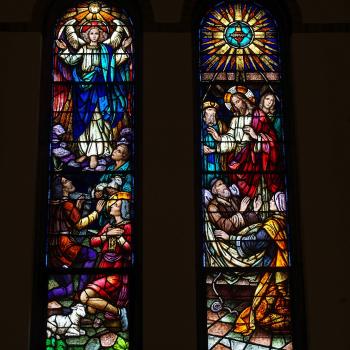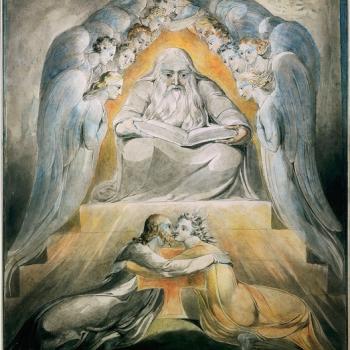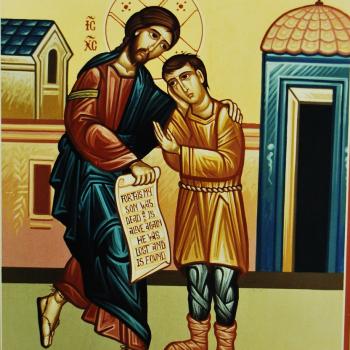Coming soon to a theater near you is the film adaptation to Shusaku Endo’s novel, Silence. It is a modern classic of Japanese literature dealing with the history of Christian missions to Japan. It is not my favorite novel of Endo’s (The Samurai currently takes that place), but it is a significant novel which reflects not only the conflicts between the West and the East in 17th century Japan, but also the internal conflicts which Endo lived throughout his life between his cultural heritage and his Christian faith.
The trailer for the movie looks like it will be a very good movie, although it is hard to tell if the ethos of the novel will come through. I suspect Scorsese’s directorial lens will be inverse to Endo’s, so that the movie will be less of the triumph of mercy as it is on the silence of God in the midst of persecution.
In my view, Silence certainly is a tragedy. But it is more reflective of the tragedy of the modern world, where the silence we encounter is not one which suggests mercy but rather brings despair. It is the inability of the modern age to encounter the transcendent in the silence before them to realize God is speaking to us in and through that silence.
And yet both forms of silence are encountered here. The silence of despair leading to many Christians to renounce their faith, and the silence of mercy which preserves them in their faith despite their public renunciation of the faith. In this manner, Endo gives us a novel which explains why the Church, the Body of Christ, is willing to help the lapsed, willing to help those who have made a public renunciation of Christ in the midst of persecution, indeed, why the Church is willing not only to forgive but love them. He put in literary form what Christ has undertaken on the cross for the lapsed. Endo has Jesus tell the lapsed he understands if they have to desecrate his image, if they have to shame him before others. He has already been shamed. He has already taken the burden of their sin, of their outward act of rejection, upon himself.
This is all a part of the Christian message. The Gospels show us that Jesus called back the Apostles who abandoned him during his passion. Peter himself was among the forgiven lapsed. It is not approval of what they have done, it is understanding and mercy which transcends what they have done that is able to cover them and render silent their sins before God.
The novel therefore reminds us of a truth which is easy to forget. During times of persecution, most of the lapsed want to be faithful Christians, but fall because they feel a the silence coming from God which they cannot understand. They looked to God to strengthen them. He is giving them more than they realize, he is making way for them to return to him no matter what they do. This is why the martyr saints did not look down upon their brethren who lapsed. Indeed, they understood the persecution, what it did to those suffering from it, and why such forgiveness is itself necessary. They were among the the first to tell the Church to be merciful to the lapsed. The martyrs knew. The silence of God was one with his mercy. They could hear God and be energized by the silence, and so share with the lapsed the mercy of that silence, the silence which they could take but the lapsed could not. And this is what Endo seems to have understood and presented in this masterpiece.
Stay in touch! Like A Little Bit of Nothing on Facebook:
A Little Bit of Nothing















